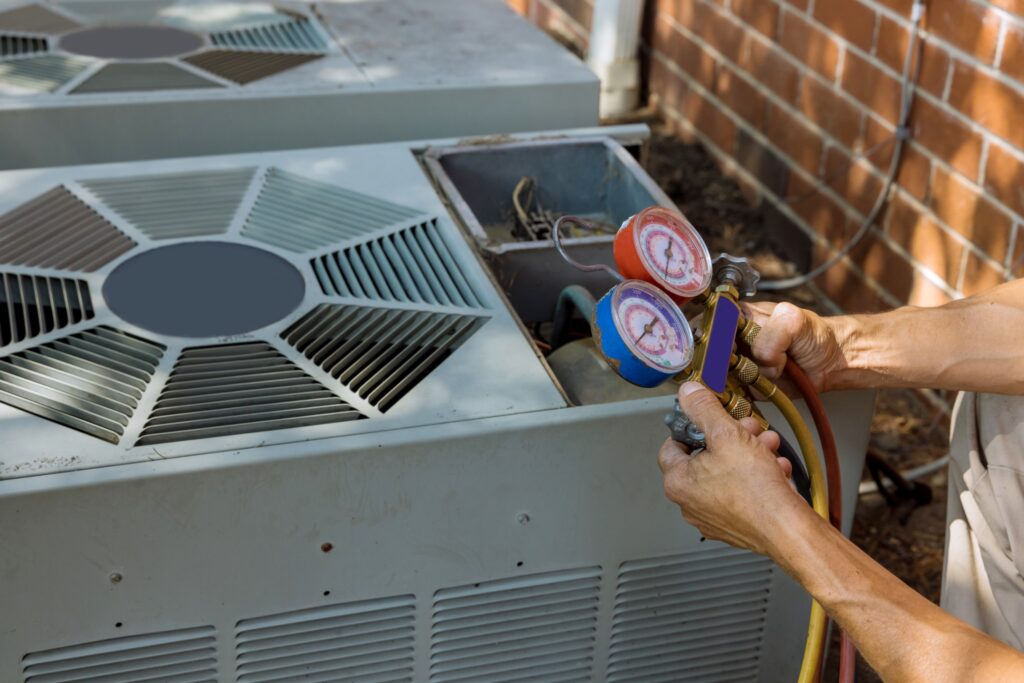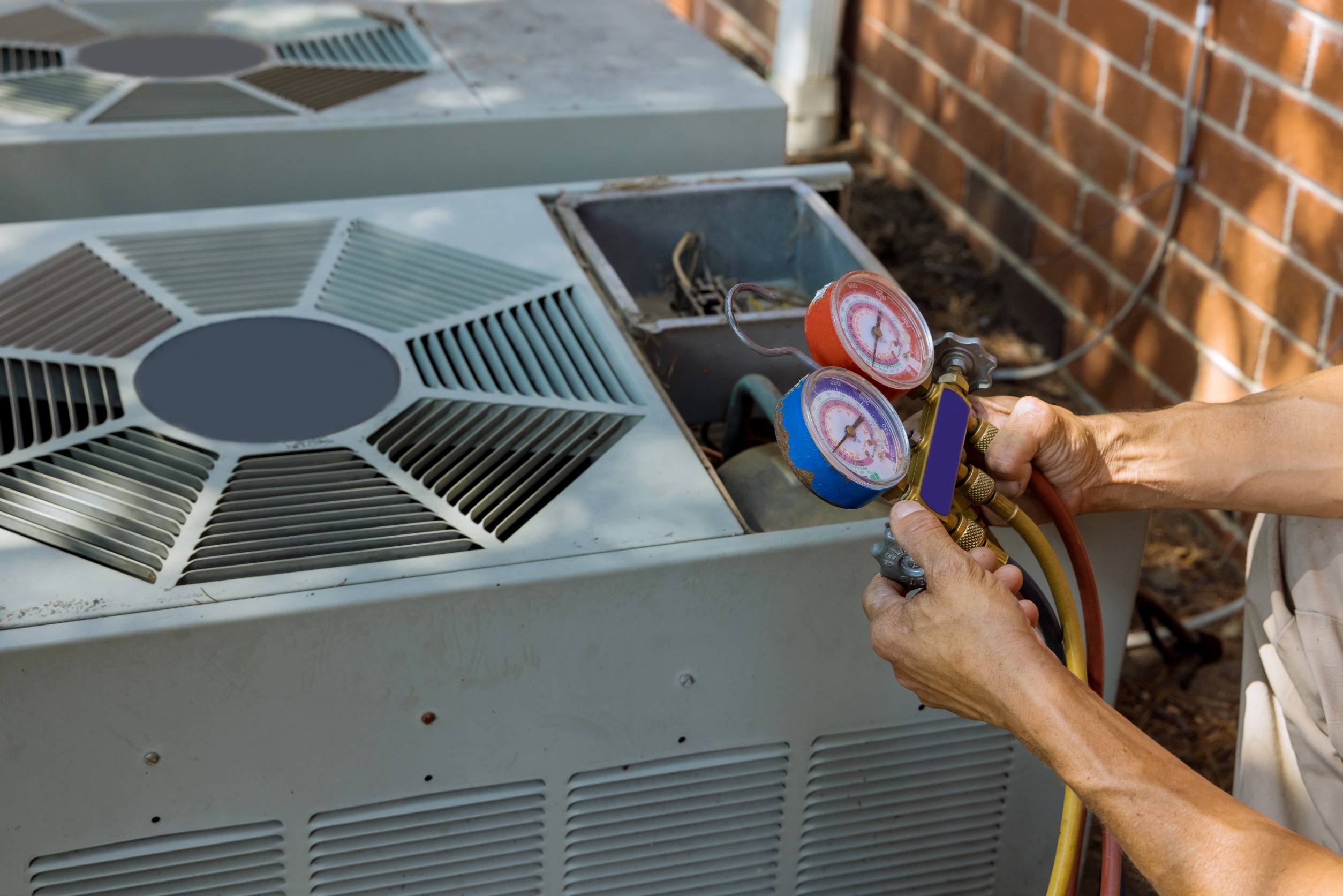An air conditioning system needs to perform at its optimal efficiency to keep your home cool during summer and warm during winter. Over time, the system may become less efficient due to clogged air filters, faulty electrical components, damaged coils, or old age. You can repair your HVAC system if it breaks down or loses its efficiency. However, the specific repairs that need to be done can only be achieved depending on the nature or severity of the problem. In this article, we will be discussing the feasibility of repairing an air conditioning system and how to perform the necessary repairs.
Factors that determine the feasibility of repairing an HVAC system
- Extent of damage

Can your air conditioning system be repaired?
The type of problem your air conditioner has plays a significant role in determining whether repairs are possible. Some of the minor issues that are usually repairable include clogged filters, faulty thermostats, or refrigerant leaks. However, major problems such as compressor failures may require more extensive repairs or even replacement.
- Age of the system
The age of your HVAC system determines whether you need a repair or a replacement. Older systems might have parts that are very difficult to find in recent times and have lower overall efficiency than newer models. If your air conditioning system is nearing the end of its expected lifespan, it would be more cost-effective to make a replacement rather than work on endless repairs.
- Cost of repairs
Repairing an air conditioning system shouldn’t drain your pocket to the maximum. It might be more practical to replace the unit if the cost of repairs is almost the same or exceeds the cost of purchasing a new air conditioner. Repairs should be considered as a more immediate and affordable solution in the short term. However, if the system is highly inefficient and likely to develop more problems, you would rather purchase a new one.
- Warranty and maintenance history
The cost of repairing an air conditioner might be covered if the system is under warranty. The same goes for systems that have been well-maintained and regularly serviced as they are in a better condition for repair. However, poorly maintained systems could have underlying issues that make repairs less practical than purchasing a new air conditioner.
How to repair your air conditioner
The process of repairing an HVAC system can only begin once you have identified the issue. The steps of making repairs could vary depending on the nature of the issue. If your air conditioner is low on refrigerant as a result of a leakage problem, your technician can locate and repair the leak before filling up the system with the correct amount of refrigerant. In situations where you have a faulty compressor, it is possible to replace it with a new one that is compatible and offers optimal performance.
Electrical issues can be caused by faulty wiring or malfunctioning sensors and capacitors. An HVAC professional needs to inspect the electrical components of the air conditioner and diagnose the faulty parts before repairing them or replacing them when necessary. Sometimes, the solution to repairing a malfunctioning HVAC system is as simple as thorough cleaning and routine maintenance. Dust and debris that accumulate inside the system over time can reduce its efficiency. Cleaning the coils, fins, and other components of the air conditioner will ensure smooth airflow and better performance. The ductwork also needs to be cleaned, sealed, and well-insulated to restore proper airflow.
Benefits of repairing an air conditioning system
Repairing an air conditioning system offers several benefits that are both economical and environmentally friendly. Timely repairs enhance indoor air quality by filtering out pollutants and allergens, contributing to a healthier living environment. A well-functioning HVAC system increases your level of comfort all year round by promoting consistent temperature and humidity. When it comes to the financial aspect, it can be more cost-effective to repair the system than replace it entirely. If done sooner, it extends the lifespan of your HVAC system preventing the upfront costs that come with a new installation. Repairing your air conditioning system not only improves your comfort but also increases energy efficiency which leads to reduced utility bills and a smaller environmental footprint.
Cleaning and inspecting your air conditioner regularly can help detect smaller issues earlier before they become a major problem. It is essential to evaluate all the technical, economic, and practical factors as it helps to determine whether repairs are possible. Most importantly, you need to work with an experienced HVAC technician or contractor to make an informed decision that aligns with your needs, budget, and long-term goals.

